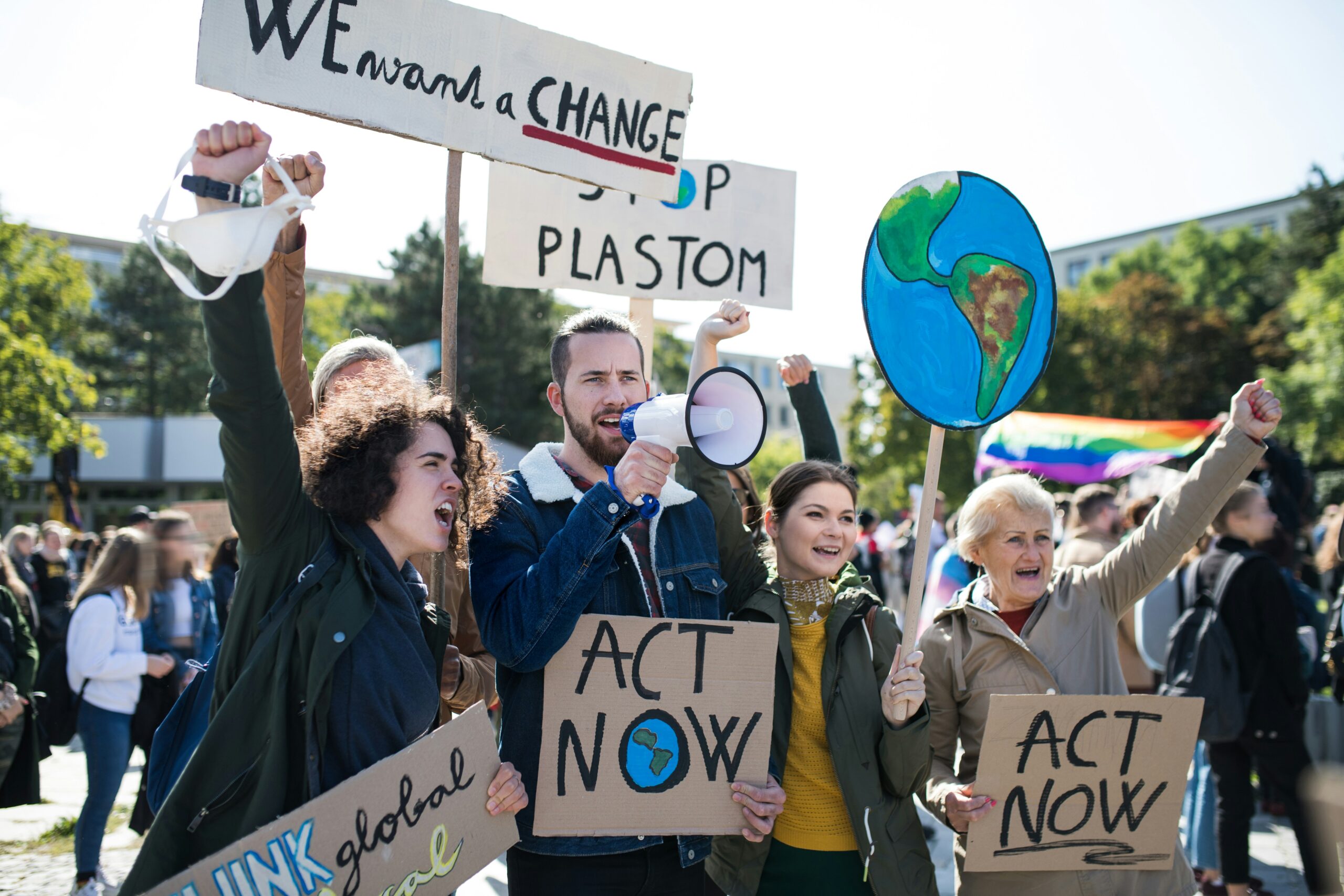
The world often feels overwhelming. Problems such as poverty, inequality, and climate change seem too large to be solved. Yet history shows that meaningful change usually starts with one advocate. A single voice, when used with courage, can spark conversations and movements that ripple across the globe.
The power of one advocate proves that personal action matters. Each step taken can inspire others and create change. No matter how small the beginning, the effect can grow into something transformative.
One Person Can Make a Difference
Every movement has a starting point. Sometimes it is one person who refuses to stay silent. Advocates stand for justice, equality, or the environment even when the odds seem against them.
Think about leaders like Rosa Parks, who sparked the Montgomery Bus Boycott, or Greta Thunberg, who ignited global climate strikes. They prove that one individual can become the voice of millions. Advocacy for change does not require fame or wealth. It starts with courage and persistence.
The Power of Small Actions
Advocacy does not always involve leading a massive protest. Sometimes it begins with a conversation at home or a local community meeting. Sharing ideas, volunteering time, or writing a letter to decision-makers can create momentum.
Small steps, repeated over time, form habits. Those habits inspire others to join. A ripple effect spreads, turning local efforts into wider movements. The power of one advocate lies in this ability to start change step by step.
Building Awareness Through Advocacy
One advocate shines light on hidden issues. Advocacy educates people who may not be aware of the problem. For example, campaigns against plastic pollution began with individuals raising awareness. Over time, those voices pushed governments and corporations to take action.
Awareness leads to dialogue. Dialogue shapes public opinion. Public opinion pushes for policy change. The cycle begins with one advocate who chooses to speak out.
Courage as the Foundation of Advocacy
The journey of advocacy is not an easy one. Standing up against injustice often attracts criticism. Advocates may encounter resistance from local communities or government authorities. Courage keeps them moving forward.
Courage does not mean fearlessness. It means acting despite fear. When one person shows courage, others find the strength to join. Step by step, courage grows into collective action.
Inspiring Collective Change
Advocates rarely change the world alone. Their voices inspire others to act. Communities unite around shared goals, and movements gain power. One person’s determination can bring together thousands of supporters.
Consider how advocacy for human rights has shaped the course of history. Every civil rights march, protest, or petition began with a few voices. Those voices grew stronger with each supporter who joined. Collective change starts with one advocate who believes action is possible.
Advocacy in Everyday Life
Not every advocate becomes a global leader. Advocacy also thrives in daily life. Teachers advocating for students, neighbors organizing for safer streets, or healthcare workers speaking for patients—all make a difference.
Every day, advocacy proves that change is not limited to political leaders or activists. When ordinary people advocate for fairness and progress, they strengthen their communities.
How to Become an Advocate Step by Step
Becoming an advocate is a journey, not a single act. Here are practical steps to begin:
- Identify the cause you care about. Focus on issues that spark passion.
- Educate yourself and others. Knowledge builds credibility.
- Start small. Share your voice in local groups or online communities.
- Engage with decision-makers. Letters, petitions, and meetings can have a significant impact on leaders.
- Build networks. Connect with others who share your values.
- Stay consistent. Change requires persistence and patience.
Every step may seem small, but combined, they create a real impact.
Overcoming Challenges in Advocacy
Advocates often face setbacks. Change can feel slow, and opposition may discourage progress. Yet persistence is key.
Support systems help advocates continue. Friends, mentors, or organizations can provide strength. Learning from failure is also vital. Mistakes become lessons that guide future action.
The power of one advocate grows when challenges are faced with resilience and determination. Each barrier crossed strengthens the movement.
The Ripple Effect of Advocacy
One person’s actions inspire others to act. This ripple effect spreads across families, communities, and even nations. When one person stands up, others realize they can do the same.
Social media has amplified this effect. One post or video can reach millions within hours. The digital age provides advocates with tools to amplify their voices faster than ever. Step by step, one message becomes a global movement.
Advocates Create Lasting Legacies
The legacy of advocacy outlives the advocate. Policies, rights, and social changes often persist long after the initial steps of the advocate. Future generations benefit from the courage of those who acted before them.
Think of leaders in civil rights, gender equality, or environmental justice. Their names are remembered because they stood for change. But even those who remain unknown leave legacies in their communities.
The World Needs Your Voice
The world still needs advocates. Every voice counts, and every action matters. One advocate, one step, one act of courage can shift the direction of history.
Do not wait for someone else to lead. The power of one advocate lies within each of us. By taking steps today, you can inspire tomorrow.